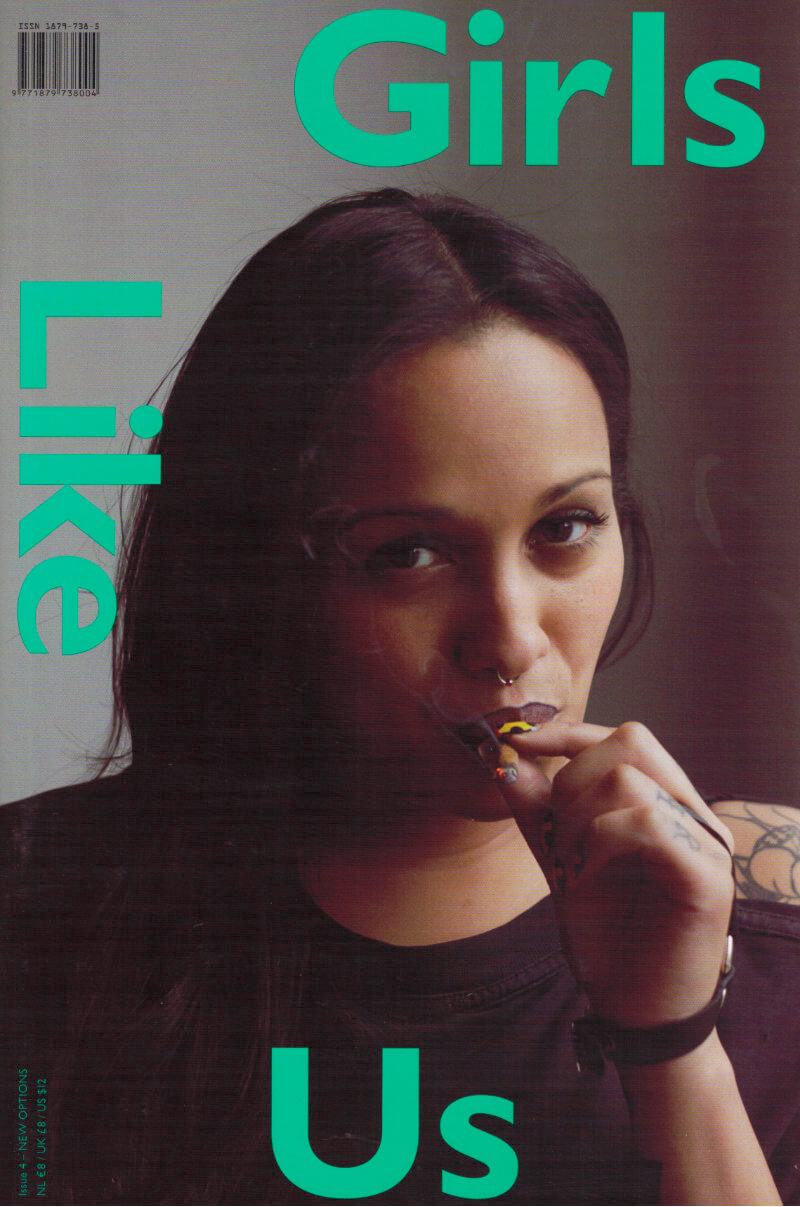The Posttraumatic is a newspaper created by creatives and artists. [eng, cast, cat]
Why a newspaper? The project believes that a newspaper is an important link between our social reality (built over the centuries by three-headed monsters and the occasional fairy godmother) and the individuals who live in it, because it is an essential communication element and because its content is a fucking drama almost always.
When Ulrich Beck, a literate man, assures us that “the media does not respond to the inspiration of the enlightenment but to that of the market and capital” we can only read the news with a distrustful and defenseless frown. Uncle Sam manipulates us to his likings and we satisfy our appetites by feasting on his words as if they were cocaine-coated cookies that only serve to fatten the need to win over arguments at our neighbor’s dinner-table conversations. We do not know if the information we swallow is invented, bought, if they are news clippings curated by a 4channer´s paranoid imagination, or if it is an objective, absolute, eternal truth.
Based on these fatalistic, dramatic and somewhat depressing theories on news and their consumption, 39 artists were contacted and each one was granted with a space, a sort of an article, to do whatever they wanted with it. It has not been intended to generate any specific ideological discourse and there is no gift flag.
With Contributions by: Escif, Ampparito, Aida Gómez, Mas Siedentop, Jofre Oliveras, Flavita Banana, Helen Bur, Michael Beitz, Biancoshock, Milu Correch, Luce, Marta Aguilar, Jan Vorman, Igor Ponosov, Ana Vilamú, Vas Ban Wieringen, Gigi Ei, Vlady, Val Rovatti, Octavi Serra, Nicolás Garcia, Valentina and the Electic Post and Others.
Published 2021








